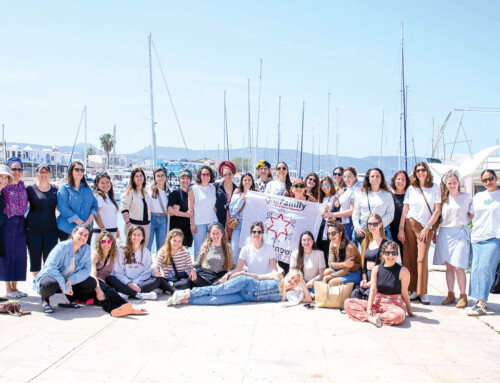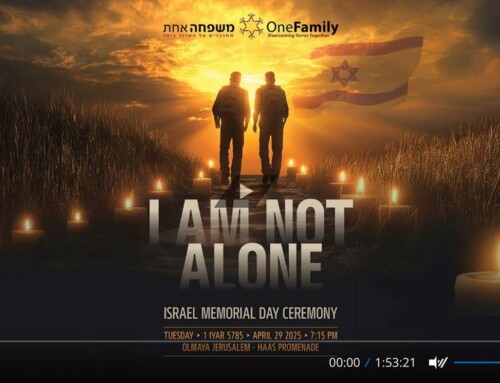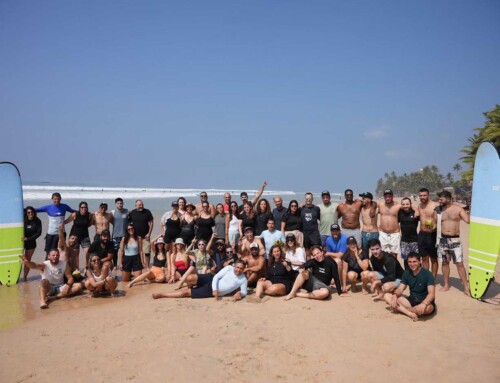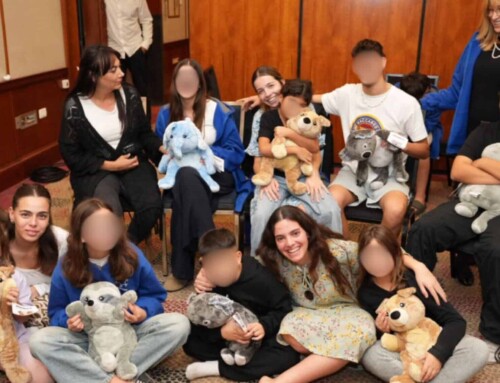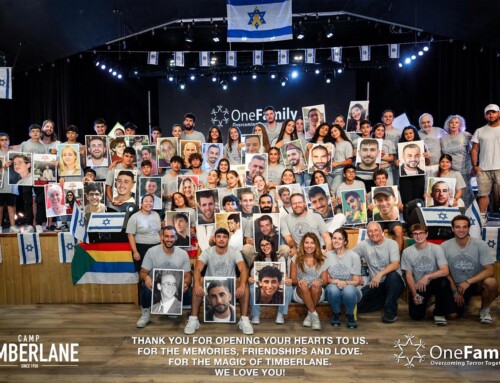Original source: Article published in The New York Times – by Tanya Weiz
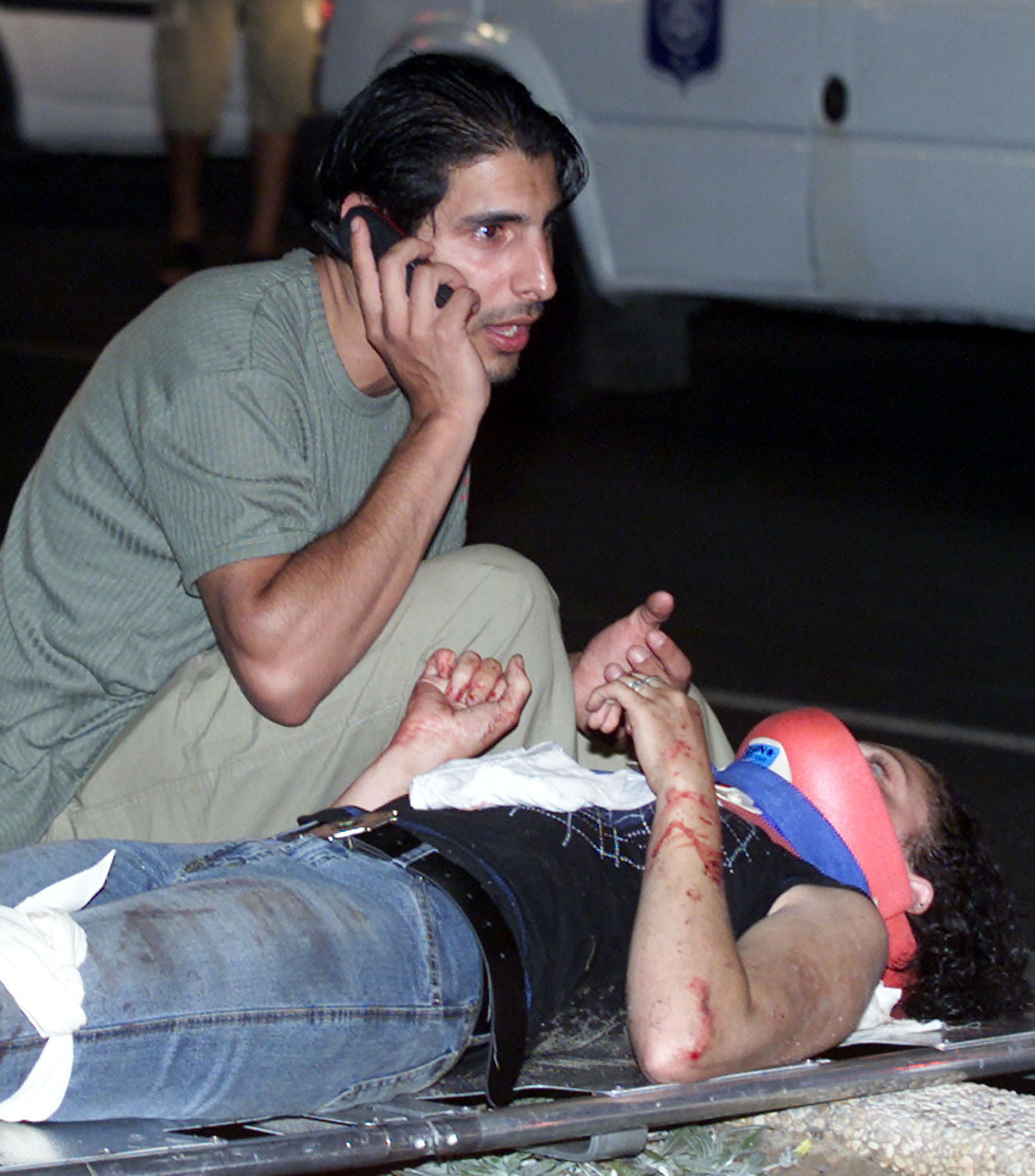
We went to that club almost every weekend. It was the summer before our mandatory army service, and we planned to spend it together — dancing, biking, swimming and tanning.
Girls could get in to the club free before midnight — and we didn’t have any money, so we decided to go early. We bought a bottle of cheap vodka from a convenience store and hung out on the beach talking and taking sips until we saw a crowd start to gather outside the door at 11:30 p.m.
Tanya and I got into the line on the left-hand side of the door; Oksana and Liana went to the right so we could all get in faster. Then, at 11:44 p.m., a Hamas suicide bomber blew himself up at the entrance to the club.
Continue reading the main story
Everything went mute. To this day, I don’t know if I lost consciousness. All I know is that I had flown some distance in the air, and everywhere I looked there were dead bodies. It seemed that every single person in that line had been murdered except for me. Liana died on the spot. A total of 21 people were killed, 16 of them were teenagers.
There was blood on me, but I didn’t feel any pain and didn’t know whom the blood belonged to. My only thought was that I had to find my phone to call my mom. The battery had been dislodged, and I somehow managed to put it back into the phone.
All of a sudden, I felt very, very cold. I put my hand on my neck and three of my fingers went deep inside my throat. Four steel balls — the kind that are inside pinball machines — had torn into my flesh. That’s when I started to panic.
Somehow, I don’t know how, I crawled on my stomach toward a “makolet” (bodega). I will never forget the dead girl on the ground near the store. She was wearing a silver dress and had shoulder-length blond hair. There wasn’t a scratch on her. It looked as though she had had a heart attack. Or had simply fallen out of the sky.
At some point a soldier came and carried me into the makolet. Only then did I start hearing the screams and notice the cameras in my face. Liana’s twin brother showed up at the scene, desperate to find his sister: “Where’s Liana? Where’s Liana?” All I could do was point in the direction of the bodies. Much later, I found out that my family knew I had been in the blast only because they saw me on TV, lying on the sidewalk and reaching for help.
I was one of the lucky ones. I got to the hospital first. If I hadn’t dragged myself out of there, I wouldn’t be alive.
I was in a coma for six days. My operation lasted 12 hours. I had been wearing platform shoes during the attack and those extra few inches saved my life — otherwise the metal would have hit my brain. The doctor gave my mother the steel balls to keep.
When I came out of the coma I couldn’t speak: I had tubes in my throat, nose and mouth. My family gave me a piece of paper and a pencil to communicate. The first thing I wrote was: “Where is Oksana? Where is Liana?”
Oksana survived, but was injured badly — she had nails in her back, stomach, arm and leg. Tanya, somehow, was unscathed, even though she had been standing next to me.
They kept Liana’s death a secret for another week and a half; they told me she had a broken leg. Liana’s twin brother visited me every day in the hospital, which I thought was weird. Why was he with me and not his sister? The moment I found out Liana died was when the reality of the situation hit me.
For me, a bombing was something you see on the news. Even in Israel, you don’t think it can happen to you. Until this day, I see it in pieces, like a nightmare.
The recovery was very, very hard. The doctor said there was barely a chance I would ever speak again. But I learned again how to speak, how to eat, little by little.
One thing that helped was that other survivors from other bombings — the Dolphinarium attack occurred at the height of the Second Intifada — came to visit me, wrote me letters and called me. I remember one guy came to visit who had only one leg. He told me that it would take time, but that I would get stronger.
It’s like I have two lives. One before the bombing and one after. I really do feel that I was reborn that day. Every time there’s a “tekes” (a memorial ceremony) on June 1, we survivors, many of us good friends, wish one another happy birthday.
The terrorists try to paralyze us with fear and make us weaker, but it made me the opposite. I became kinder, more grateful, more attentive to the smallest details of life, and, yes, more resilient.
I try my best not to focus on the horror of the attack, but not a day goes by that I don’t think about it, and every time I see an incident on the news it feels surreal: I can’t believe that I went through it. And that now I’m one of the people sitting on the couch watching the news of children murdered, this time by the Islamic State.
I know there is nothing I can say right now to make the survivors of the Manchester bombing feel any better. The guilt for me began the day of the blast. Seeing Liana’s mother is especially painful. I see her looking at me and I know she is imaging her daughter at my age. But I would tell the survivors to stay strong and focus on your recovery. You have to be very strong to recover.
These days I live in Toronto, and I have people in my life who don’t know about my past. They say to me: “Wow, how did you live in Israel? It’s so dangerous!” And they have no idea.
I have a huge scar on my neck. I work in retail at a mall and sometimes people ask me about it. I just say: “I had an accident.” The scar will always remind me of that day. Always. But it’s also a scar that reminds me that I’m alive.

